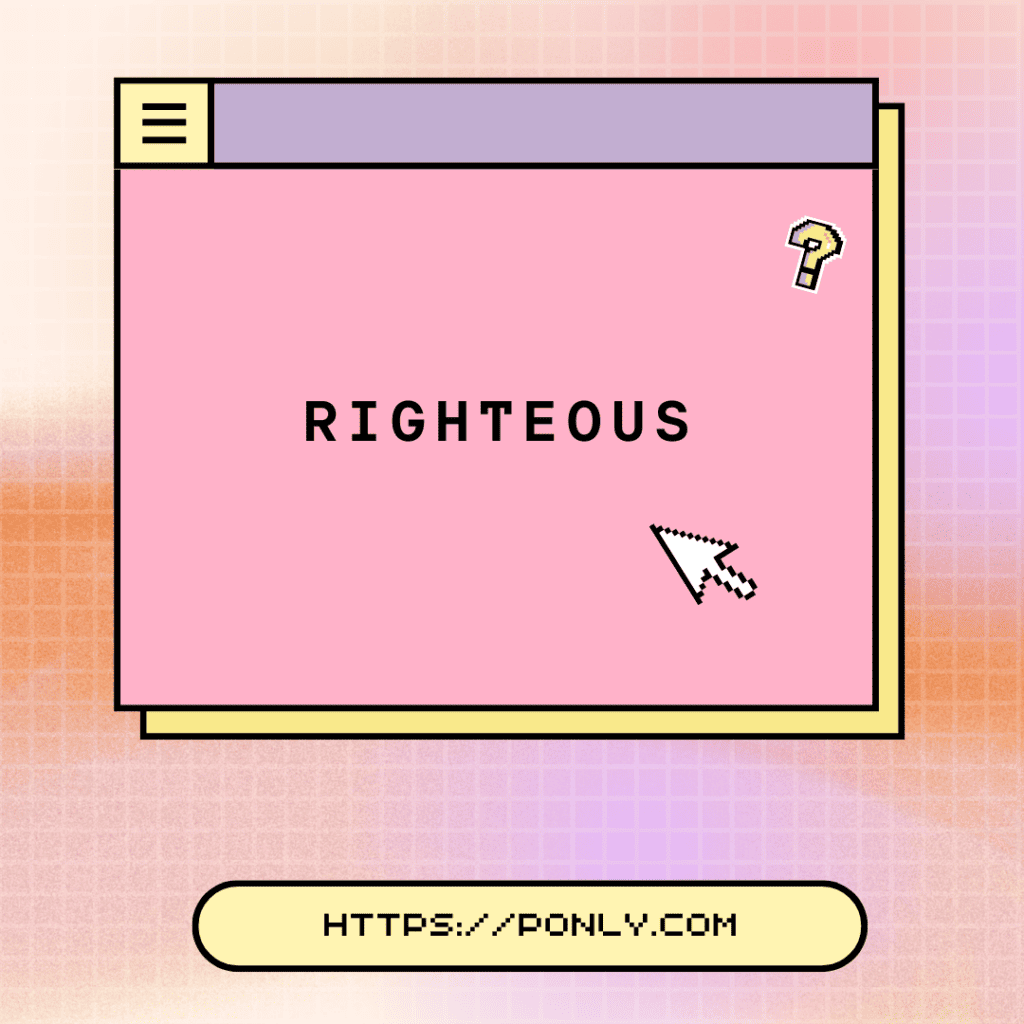The 1980s was a vibrant decade that brought forth not only iconic music and fashion but also a unique lexicon that defined the culture of the time. Among the most notable contributions to the English language during this era was the extensive use of slang, particularly terms used to describe something as "cool." In this article, we will explore the fascinating world of 80s slang for cool, examining its origins, usage, and the impact it had on modern language.
The use of slang in the 1980s was influenced by various cultural movements, including the rise of hip-hop, punk rock, and new wave music. Each genre contributed its own flavor of language, which was enthusiastically adopted by the youth of the time. This article will provide you with an extensive look at the most popular terms used in the 80s, their meanings, and how they continue to shape the way we communicate today.
By understanding the context and significance of these slang terms, we can appreciate how language evolves and reflects the values of society. So, let’s take a trip down memory lane and uncover the coolest slang from the unforgettable 80s!
Table of Contents
- What is Slang?
- The Coolest Slang Terms of the 80s
- The Influence of Music on Slang
- Slang in Pop Culture
- Regional Differences in Slang
- The Evolution of Slang
- Why Slang Matters
- Conclusion
What is Slang?
Slang is a type of informal language that often evolves rapidly and can vary significantly between different regions, social groups, and cultures. It typically consists of words and phrases that are not found in standard dictionaries, making it a vibrant and dynamic aspect of language. Slang often serves as a way for individuals to express their identity and solidarity with certain communities.
The Coolest Slang Terms of the 80s
The 1980s gave birth to a plethora of slang terms that captured the essence of what it meant to be "cool." Here are some of the most iconic phrases:
- Rad: A term used to describe something as excellent or awesome.
- Gnarly: Originally a surfing term, it evolved to mean something extreme or intense.
- Phat: Refers to something as attractive or excellent.
- Dope: Used to describe something as cool or fantastic.
- Totally: An intensifier used to emphasize agreement or excitement.
- Bodacious: Used to describe someone or something that is bold, daring, or impressive.
The Influence of Music on Slang
Music played a pivotal role in shaping the slang of the 80s. Genres like hip-hop, punk, and rock introduced new terms and phrases that became part of everyday language. For example:
- Hip-hop: Terms like "dope" and "fresh" gained popularity through rap music, influencing a generation.
- Punk rock: Phrases like "mohawk" and "anarchy" became synonymous with rebellion.
- New wave: The synth-pop movement introduced terms like "futuristic" and "retro" to describe styles and aesthetics.
Slang in Pop Culture
Television shows and movies from the 80s also contributed significantly to the spread of slang. Films like "Fast Times at Ridgemont High" and shows like "The Fresh Prince of Bel-Air" popularized many terms that are still recognized today.
Iconic Movies That Shaped Slang
- Fast Times at Ridgemont High: Introduced phrases like "totally" and "gnarly."
- The Breakfast Club: Explored youth culture and its associated language.
- Ferris Bueller's Day Off: Featured slang that resonated with the carefree spirit of the decade.
Regional Differences in Slang
While many slang terms were widely recognized, there were also regional variations that added to the richness of the language. For instance, "wicked" was commonly used in New England to mean cool or awesome, while "sick" was popular on the West Coast.
The Evolution of Slang
Slang is ever-changing, and many terms from the 80s have evolved or fallen out of use. However, some have been integrated into mainstream language and continue to be used today. Understanding this evolution can help us appreciate how language reflects cultural shifts.
Why Slang Matters
Slang is more than just informal language; it represents a form of expression that connects people. It can signify belonging to a group or subculture and serves as a way to communicate ideas and feelings that may not be easily expressed through standard language.
Conclusion
In conclusion, the 80s slang for cool encapsulated a vibrant and dynamic era in which language played a crucial role in shaping culture. From "rad" to "dope," these terms not only defined a generation but also continue to influence how we communicate today. We encourage you to share your favorite 80s slang terms in the comments below and explore more about the fascinating evolution of language!
Thank you for joining us on this nostalgic journey through the cool slang of the 1980s. We hope you found this article insightful and entertaining. Don't forget to check out our other articles for more exciting content!




